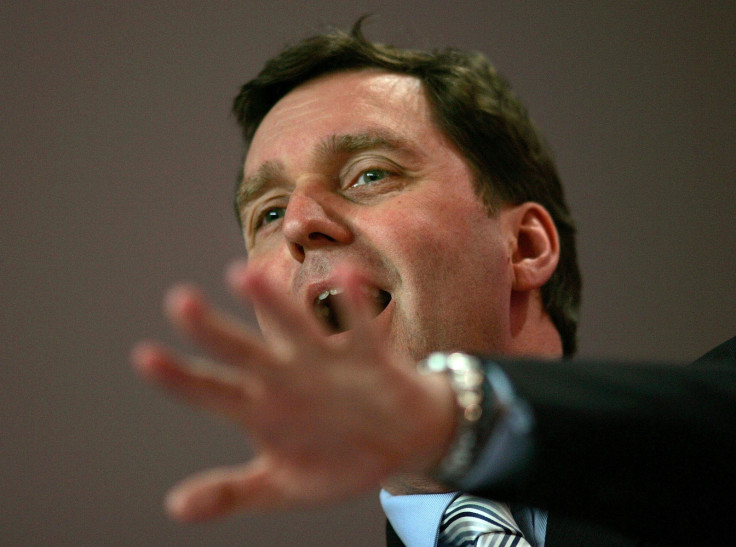Living Wage: Five Million Workers Paid Less Than £8.80 an Hour in 2014
72% of 18-21 year-olds earn less than the £7.65 Living Wage

More than five million people were paid less than the living wage in the UK in 2014, according to research from Markit for KPMG.
The study found that more than one in five employees (22%) earned less than £7.65 per hour, or £8.80 in London, up from 21% last year.
KPMG explained that in real terms the increase equates to 147,000 people, as the number of people earning less than the living wage hit 5.28 million in 2014.
The research also revealed that more than two in five part-time workers (43%) took home less than the living wage, compared to 13% of full-time employees.
"This research is further proof that more workers are getting stuck in low-paid work with little opportunity for progression," said Labour's Alan Milburn MP, the chair of the Social Mobility and Child Poverty Commission.
"Employers and government both have a key role to play. With the right leadership, Britain can become a Living wage country over the next decade."
The study also found that women are more likely than men to receive less than the living wage.
For example, one in four women earned less than the benchmark, compared to 16% of men.
The study also found that a vast majority (72%) of young people (18 to 21-year-olds) earned less than the living wage, compared to just 15% of those aged 30-39.
This equates to 1,175,000 employees of university age failing to earn enough to support the purchase of basic necessities.
The figures coincide with the announcement that the living wage is to increase to £7.85.
The 2.6% rate rise (up from £7.65 an hour) means the living wage is 21% higher than the National Minimum Wage of £6.50 per hour.
The Living Wage Foundation said that 35,000 employees across the country will see their pay packets rise because of the increase.
The Office for National Statistics said that pay, including bonuses, in the three months to August was 0.7% higher than a year earlier for employees in the UK, and wages excluding bonuses were 0.9% higher than last year.
In comparison, Consumer Price Index (CPI) inflation rose at a rate of 1.5% in the year to August.
© Copyright IBTimes 2025. All rights reserved.






















